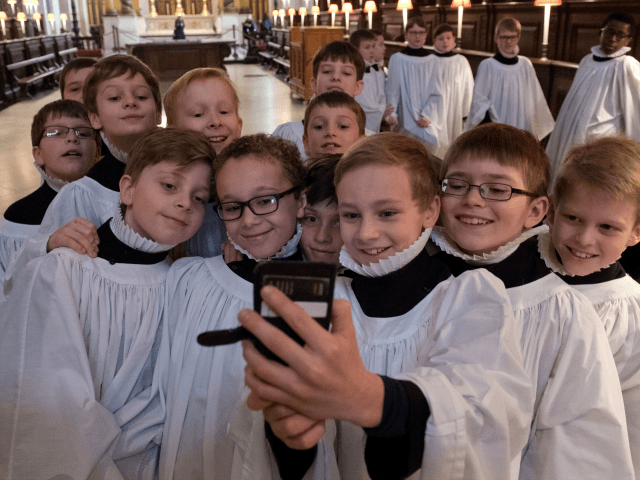Less than a third of millennials believe Britain is a Christian country, while more than 40 per cent say the UK has no specific religious identity, a poll has found.
In a ComRes poll of 2,048 British adults, under a third of those aged 18 to 24 agreed that Britain was a Christian country. This marks a sharp difference from older generations, with nearly three quarters of over 65s saying British is in fact Christian, while 67 per cent of people aged 55 to 64, and 58 per cent of people aged 45 to 54 agree.
By contrast, 41 per cent of 18 to 24-year-olds believe Britain is a country with no specific religious identity, an opinion shared by just 20 per cent of over 65s.
Nonetheless, over half of millennials still thought it was important for politicians and policy-makers to have a good understanding of religion, and 54 per cent thought understanding religion was important regardless of whether you are personally religious.
The poll was conducted for the Faith Research Centre, a new project from the polling firm to monitor religious sentiment in Britain.
Katie Harrison, director of the new centre, said: “In some of the questions we asked, adults aged between 18-24 and adult aged 65+ answered at opposite ends of the scale, indicating marked differences between generations in perceptions of religion and belief.”
“This is consistent with some of the projects we’ve recently been commissioned to carry out. We’re seeing a strong interest in understanding the attitudes and needs of people in their 20s, especially in our faith research work.”
The figures will cause concern for church leaders who for decades have been unable to stop an increasing number of Christians abandoning and becoming ignorant of the faith.
Last month, Lord Carey, a former Archbishop of Canterbury, said it was important for newly-arrived migrants to realise Britain is a Christian country if they are to fully integrate.
“The glue which tied us together used to be the institutions of our civil society, including the Church of England, and its hospitable establishment which allowed all voices of minorities a place at the table,” he said.
“Contrastingly, in countries which insist on secularism, it is often impossible for religious believers to get a hearing. We are succumbing to a creeping culture of religious illiteracy.”

COMMENTS
Please let us know if you're having issues with commenting.